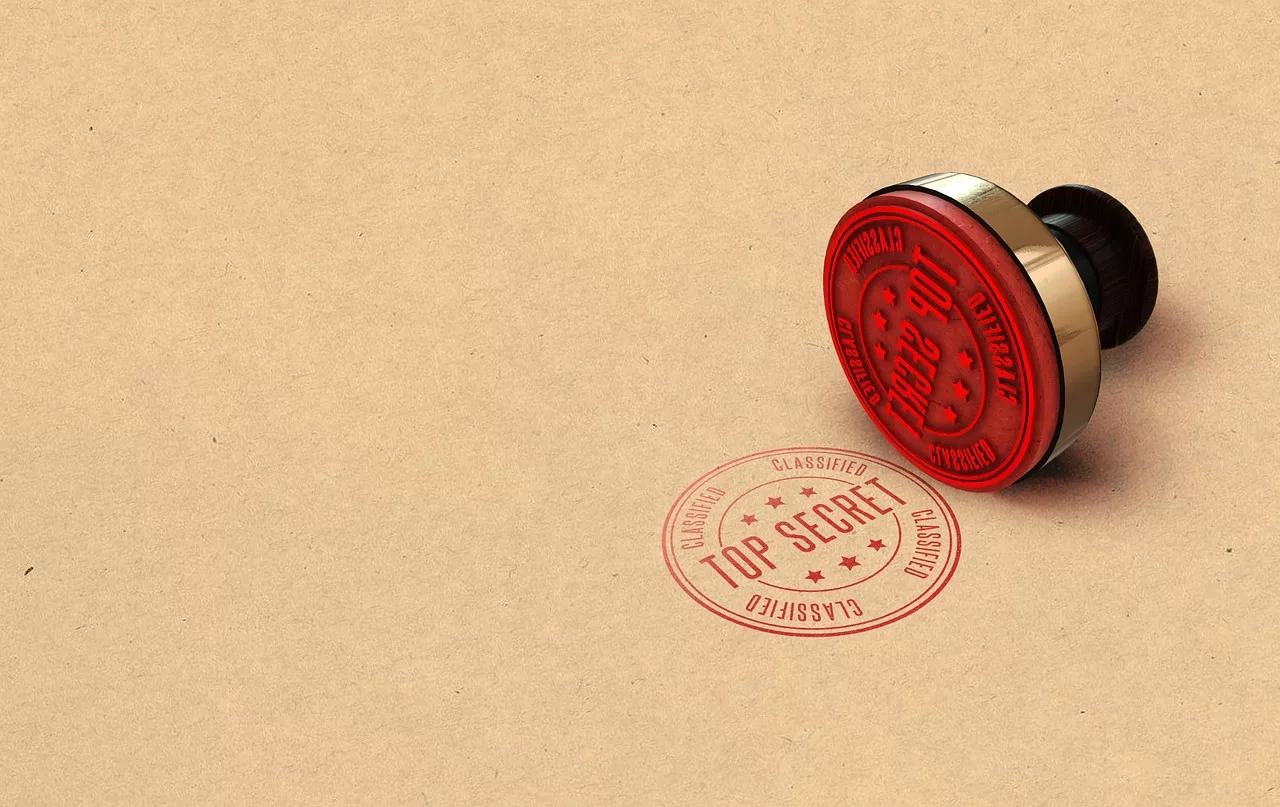Edward Snowden, the digital age’s prodigal son, defected from the orthodoxy of American intelligence, an act that forever put him in the limelight of public scrutiny and transformed him into a pariah of the establishment, a devil with an angel’s conscience, a traitor with a patriot’s heart. His peculiar story brings into focus the swirling tempest of controversy that straddles the fragile line between public security and individual privacy.
From the insulated cocoon of his contracted intelligence job, Snowden unmasked the sprawling machinations of the National Security Agency (NSA). His revelations stirred the hornet’s nest of public debate, waking the world to the extent of surveillance operations that had swept across nations, making the Orwellian specter of Big Brother not merely an overwrought metaphor but a tangible and menacing reality. The whistle he blew echoed in the hollow halls of governments and corporations alike, sparking a cataclysmic re-evaluation of the ethics of surveillance and the nature of privacy itself.
Yet, the narrative of Snowden as a brave harbinger of transparency is not without its paradoxes and contradictions. He is a champion of individual freedom, yet he sought refuge in Russia, a country infamous for suppressing dissent and violating human rights. The bitter irony of this arrangement is far from lost on his critics, who challenge the integrity of his mission.
Snowden’s greatest achievement lies in unveiling the uncomfortable truth, that the shadowy corridors of power were prying relentlessly into the lives of ordinary citizens. His revelations exposed the very systems designed to safeguard us as the same entities that subtly infringe upon our rights. This insight brought forward an uneasy reckoning with the reality that we have traded off our privacy for an elusive sense of security.
But Snowden’s legacy must also be interrogated for the potential harm it has caused. The mass disclosure of classified documents, while illuminating, may have inadvertently weakened the necessary defenses against genuine threats. The balance between the public’s right to know and the nation’s need to protect itself is a delicate one, and there is a fair argument that Snowden’s actions have upset this balance.
The two sides of Snowden – the privacy advocate and the so-called traitor – are not mutually exclusive. They represent the competing values that define our age. How one sees Snowden is, ultimately, a litmus test of one’s beliefs about the role of the state, the sanctity of privacy, and the limits of individual action in the face of systemic injustice.
As the perennial question about Snowden’s actions remains unanswered, we must grapple with the haunting reality that privacy, the cornerstone of a free society, is under siege. Regardless of whether one sees him as a hero or a villain, it’s impossible to deny that Snowden has compelled us to face the uneasy interplay of technology, privacy, and power. His legacy is a mixed bag, packed with courageous revelation and contentious rebellion.
In a world where technology is ever-pervading, Snowden’s tale is a reminder that the quiet erosion of personal liberties can happen without the crack of a whip or the clang of a jail cell. It can occur in the seemingly benign glow of our screens, masked by the reassuring hum of digital progress. Let us then debate, by all means, about whether Snowden’s methods were right or wrong, but let us also ensure that the crucial conversation he began about surveillance and privacy does not fade into silence.
